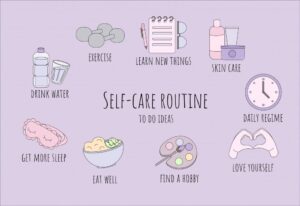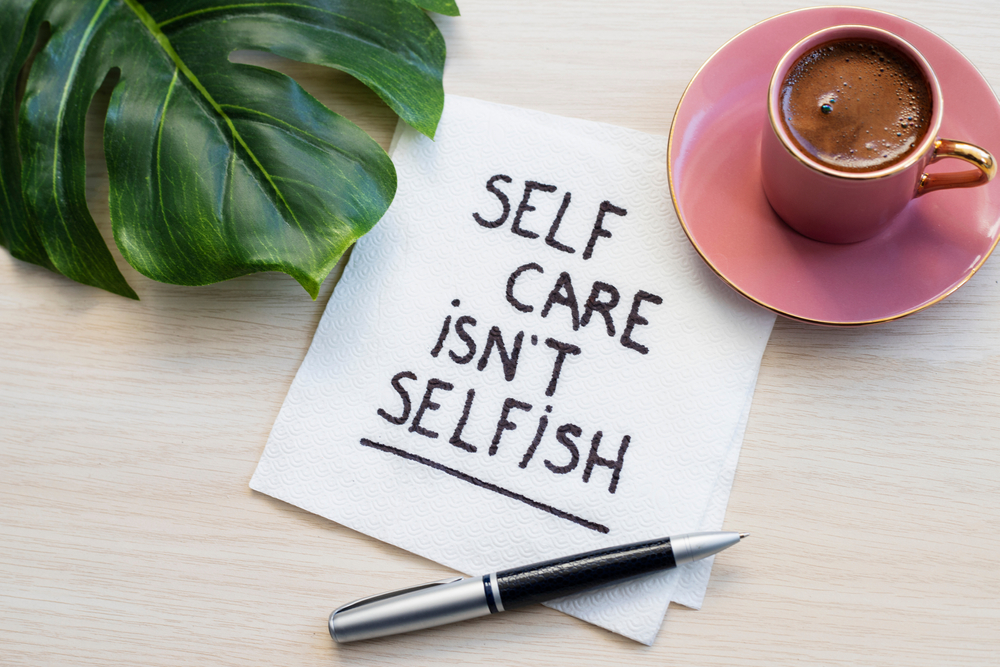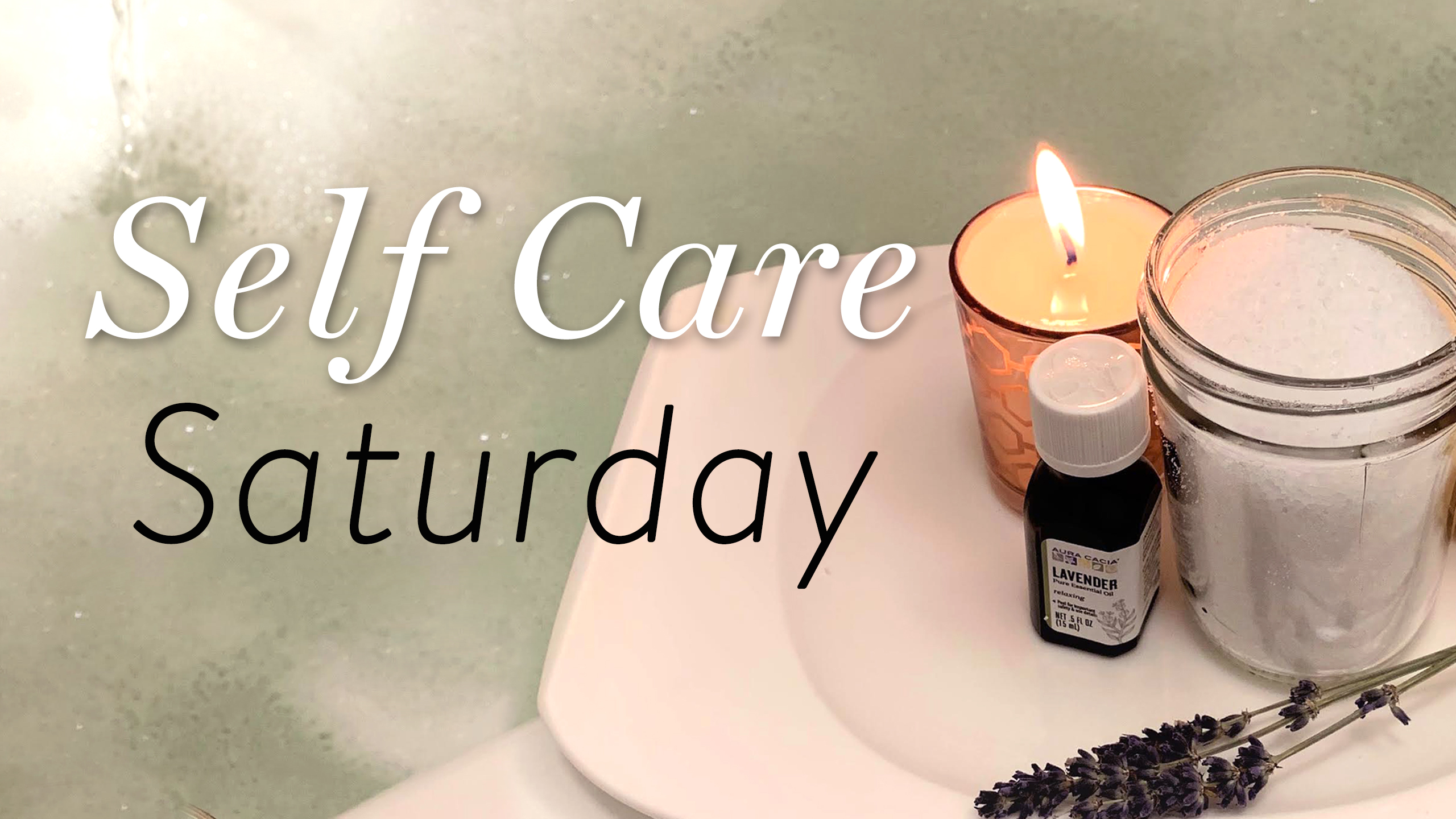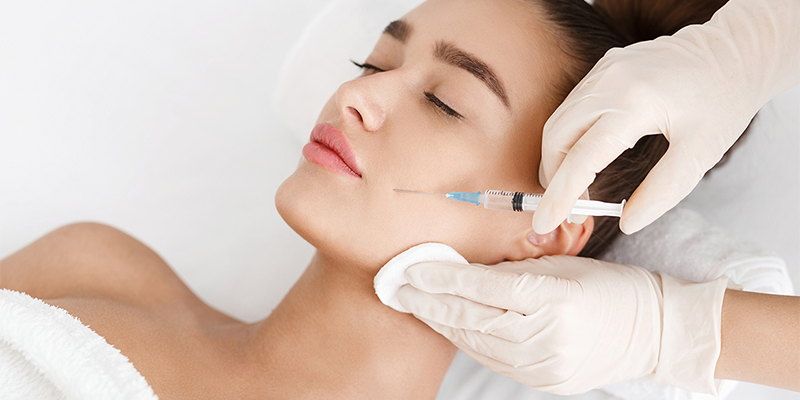Self-Care Strategies for Busy Professionals
Prioritizing self-care for better productivity
Many people believe that the key to success is working long hours and sacrificing personal well-being for professional achievement. However, prioritizing self-care is actually essential for maintaining productivity in the long run. When we neglect our physical and mental health, our ability to focus, make decisions, and perform at a high level is significantly diminished.
It’s important to recognize that taking care of ourselves is not a selfish act, but rather a necessary foundation for success. By incorporating self-care into our daily routines, we can optimize our productivity, creativity, and overall satisfaction in both our personal and professional lives.
When we prioritize self-care, we are better able to manage stress, avoid burnout, and maintain a positive mindset. Whether it’s through regular exercise, mindfulness practices, or simply setting aside personal time for relaxation, making self-care a priority allows us to bring our best selves to the table in every aspect of our lives.
Ultimately, by placing importance on self-care, we can increase our productivity, efficiency, and overall well-being, leading to greater success and fulfillment in all areas of our lives.

Developing a realistic daily self-care routine
Developing a realistic daily self-care routine is essential for maintaining overall well-being and productivity. It can be challenging to find the time and energy to prioritize self-care amidst our busy schedules, but with the right approach, it is achievable.
A realistic daily self-care routine starts with identifying the activities and practices that truly contribute to your well-being. This could include activities such as meditation, journaling, exercise, and spending quality time with loved ones.
Once you have identified the activities that are important to you, it’s important to establish a daily schedule that allows for the incorporation of these practices. This may involve waking up earlier to make time for meditation, or setting aside a specific time each day for exercise.
It’s also important to be flexible and understanding with yourself. Life can be unpredictable, and there will be days when sticking to your routine is not possible. In these instances, it’s important to be compassionate with yourself and make adjustments as needed.

Creating boundaries to protect personal time
Personal time is essential for maintaining a healthy work-life balance and overall well-being. Without proper boundaries in place, it’s easy to become overwhelmed and burnt out. It’s important to establish clear boundaries between work and personal time in order to protect your mental and physical health.
One way to create boundaries to protect personal time is to establish a designated space for work and a separate space for relaxation and leisure. This could mean setting up a home office or designating certain areas of your home for work-related activities, and consciously leaving those spaces at the end of the workday to spend time on personal activities.
Setting clear limits on work hours is another important aspect of creating boundaries. This means sticking to a strict schedule and avoiding the temptation to bring work home or respond to work-related emails and calls outside of designated work hours.
Additionally, it’s crucial to communicate your boundaries effectively to colleagues, supervisors, and clients. Clearly convey your availability and expectations for work-related communication outside of standard work hours, and be assertive in enforcing these boundaries to protect your personal time.
Utilizing technology for self-care support
Technology is often associated with stress and overwhelm, but it can also be a powerful tool for self-care. With the plethora of apps, websites, and devices available, there are numerous ways to use technology to support your self-care routine. Whether it’s finding mindfulness meditation apps, setting reminders for taking breaks, or using wearable devices to track your physical activity, technology can be a valuable resource for enhancing your well-being.
One way to utilize technology for self-care support is by using apps that offer guided meditation and relaxation exercises. These apps can provide quick and easy access to calming and centering practices, helping you to reduce stress and promote a sense of inner peace. Additionally, setting up reminders on your smartphone to take regular breaks from screens can be helpful in preventing burnout and eye strain.
Another way to incorporate technology into your self-care routine is by using wearable devices, such as fitness trackers or smartwatches. These devices can help you monitor your physical activity, sleep patterns, and even your stress levels. By having access to this data, you can make more informed decisions about your self-care practices and track your progress over time.
Overall, while technology can sometimes contribute to feelings of stress and distraction, it can also be a valuable resource for supporting your self-care efforts. By using apps, reminders, and wearable devices, you can leverage technology to enhance your well-being and overall quality of life.

Incorporating mindfulness practices into a busy schedule
With the hustle and bustle of modern life, it can be challenging to find time for self-care and mindfulness practices. However, incorporating mindfulness into a busy schedule is essential for overall well-being and better productivity.
One way to integrate mindfulness into a busy schedule is to start the day with a few minutes of meditation. This doesn’t have to be a long, drawn-out practice – even just 5-10 minutes of focused breathing can help set the tone for a more mindful day.
Another way to bring mindfulness into a busy schedule is to practice mindful eating. This means taking the time to savor and fully experience each bite of food, rather than mindlessly scarfing it down while multitasking. This simple act of mindfulness can help improve digestion and overall satisfaction with meals.
Furthermore, using mindfulness apps can be a convenient way to sneak in some mindfulness throughout the day. Whether it’s a quick guided meditation during a break or a reminder to take a few deep breaths, technology can be a helpful tool for incorporating mindfulness practices into a busy schedule.
Engaging in regular physical exercise for stress relief
Engaging in regular physical exercise is a proven method for managing and reducing stress in our daily lives. Regular exercise helps to release endorphins, which are natural mood lifters, and can provide a sense of accomplishment and confidence as you work towards your fitness goals. Whether it’s a high-intensity workout at the gym, a relaxing yoga session, or a brisk walk in nature, finding an exercise routine that works for you is crucial for maintaining your mental and physical well-being.
One of the key benefits of incorporating regular physical exercise into your routine is the release of built-up tension and stress. When we exercise, our bodies release built-up tension and stress, allowing us to feel more relaxed and able to handle the challenges of everyday life. This release of physical tension can also lead to improved sleep, which is essential for managing stress and maintaining overall well-being.
Additionally, regular physical exercise can provide a much-needed break from the constant demands of daily life. Taking time to focus on your physical health and wellness can provide a mental break from stressors, as well as an opportunity to clear your mind and focus on the present moment. Engaging in regular exercise can also serve as a form of self-care, allowing you to prioritize your own well-being and make time for activities that bring you joy and fulfillment.
Overall, incorporating regular physical exercise into your routine is an effective and sustainable way to manage and reduce stress in your life. Whether it’s setting aside time for a daily workout, attending a fitness class, or simply going for a walk in nature, finding ways to stay active and prioritize your physical health can have a positive impact on your overall well-being. So, lace up your sneakers and get moving – your body and mind will thank you for it!
Finding balance through self-reflection and self-compassion
Amidst the hustle and bustle of modern life, finding balance can be a challenge. However, through the practice of self-reflection and self-compassion, we can learn to navigate the complexities of our daily lives with greater ease and grace.
Self-reflection involves taking the time to look inward and examine our thoughts, feelings, and behaviors. By doing so, we gain a deeper understanding of ourselves and our needs. This, in turn, allows us to make more informed decisions and take actions that align with our values and priorities.
Furthermore, self-compassion plays a crucial role in finding balance. It involves treating ourselves with kindness and understanding, especially in moments of difficulty or failure. Instead of being self-critical, we can learn to be supportive and nurturing towards ourselves, which promotes resilience and overall well-being.
By integrating self-reflection and self-compassion into our daily lives, we can cultivate a sense of balance and harmony. We become more attuned to our needs and develop the capacity to respond to challenges with greater clarity and composure.
You can also check related articles:
Incorporating Mindfulness into Daily Routine for a Healthier Lifestyle











